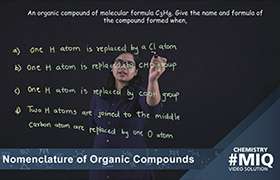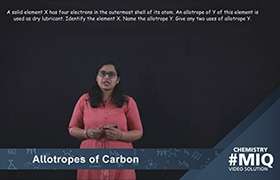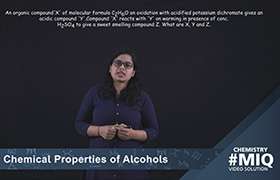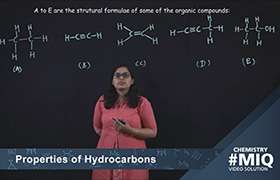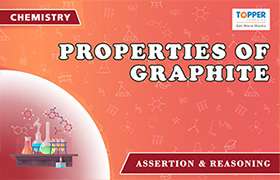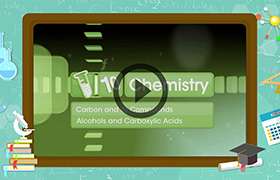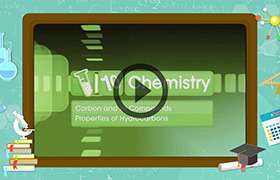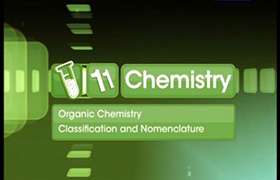CBSE Class 10 Answered
HCl is a polar covalent molecule with a partial positive charge on hydrogen (H+) and a partial negative charge on chlorine (Cl-).
When this is dissolved in water, water too being a polar molecule with a partial positive charge on hydrogen (H+) and a partial negative charge on oxygen (O2-), hydrogen of HCl are surrounded by oxygen of water forming dipole dipole bonds.
HCl + H2O → H3O+ + Cl-
When the dipole-dipole bond is formed, the original bond between H and Cl weakens and ultimately breaks leading to ionization.
Molecules are called electrically conductive if they form ions, when dissolved in water.
For HCl,
HCl + H2O → H3O+ + Cl-
Hence, HCl when mixed in water conduct electricity though it (HCl) is a covalent bond.

